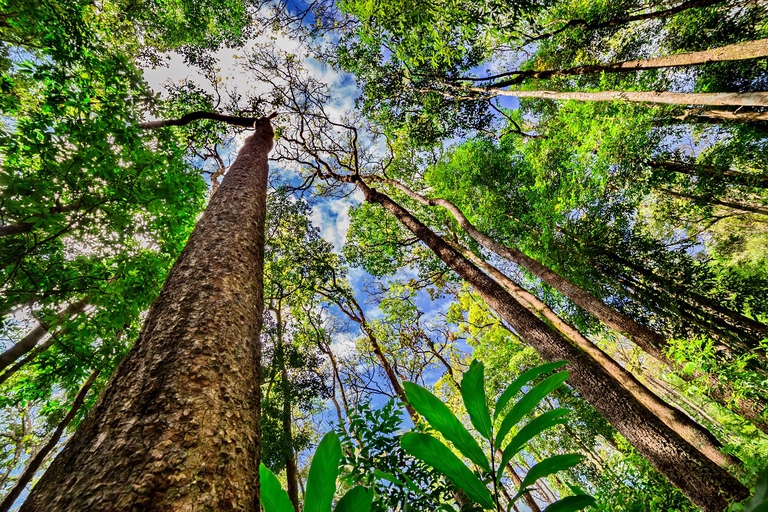
A report by Ember explains that in 2025 electricity generation from renewables (solar, wind and hydropower) surpassed that from fossil fuel sources.
A Brazilian court suspended the decree issued by President Temer to abolish the RENCA nature reserve in the Amazon forest and open it to mining exploration.
The Reserva Nacional de Cobre e Associadas (RENCA) is Brazil’s largest nature reserve located in the heart of the Amazon forest. On 23 August, Brazilian president Michel Temer signed a decree to abolish the reserve and open it to commercial mineral exploration.
The news caused widespread outrage all over the world, including among Brazilian citizens. This led Brasilia’s federal judge Rolando Valcir Spanholo to suspend the decree with immediate effect and decide to accept a popular petition presented in the past few days.
The nature reserve, which covers over 46,000 square kilometres between the states of Amapa and Para, lures many mining companies for the exploitation of precious resources including gold, copper, tantalum, iron ores, nickel and manganese. Fortunately, this gold rush has been nipped in the bud because, as explained by the federal court, a decision of this kind requires the Congress’ intervention.
The news that the decree was suspended has been welcome with joy by conservation and indigenous rights associations, and by all those who have the unique biodiversity of the Planet’s last green lung at heart. Randolfe Rodrigues, senator of the opposition and member of the Sustainbaility Network Party, said that the reserve survived “the biggest attack on the Amazon of the last 50 years“.
Siamo anche su WhatsApp. Segui il canale ufficiale LifeGate per restare aggiornata, aggiornato sulle ultime notizie e sulle nostre attività.
![]()
Quest'opera è distribuita con Licenza Creative Commons Attribuzione - Non commerciale - Non opere derivate 4.0 Internazionale.
A report by Ember explains that in 2025 electricity generation from renewables (solar, wind and hydropower) surpassed that from fossil fuel sources.
The Tyler Prize, considered the “Nobel Prize for the Environment,” has been awarded to Toby Kiers, an American biologist working in Amsterdam.
Belgium is one of the countries most exposed to climate change. Dune–dikes are a solution to curb sea-level rise.
Between October 2024 and September 2025, the average temperature in the Arctic was 1.6 degrees Celsius higher than during the 1991–2020 period.
Undeclared conflicts of interest, paid authors, lack of transparency: one of the most cited studies on glyphosate, published in 2000, has been retracted.
The Copernicus service has released data for the first eleven months of 2025: global warming is set to come close to last year’s record.
The European Council and Parliament have reached an agreement on the European Commission’s proposal to deregulate new GMOs. But farming, organic agriculture, and environmental organizations are calling for it to be stopped.
The world’s second-largest producer has taken a historic decision. However, farms will have until 2034 to shut down.
A Greenpeace report denounces Russia’s political and economic model: a nexus of extractivism, authoritarianism and war that is destroying the environment, with serious repercussions for the global ecosystem.








